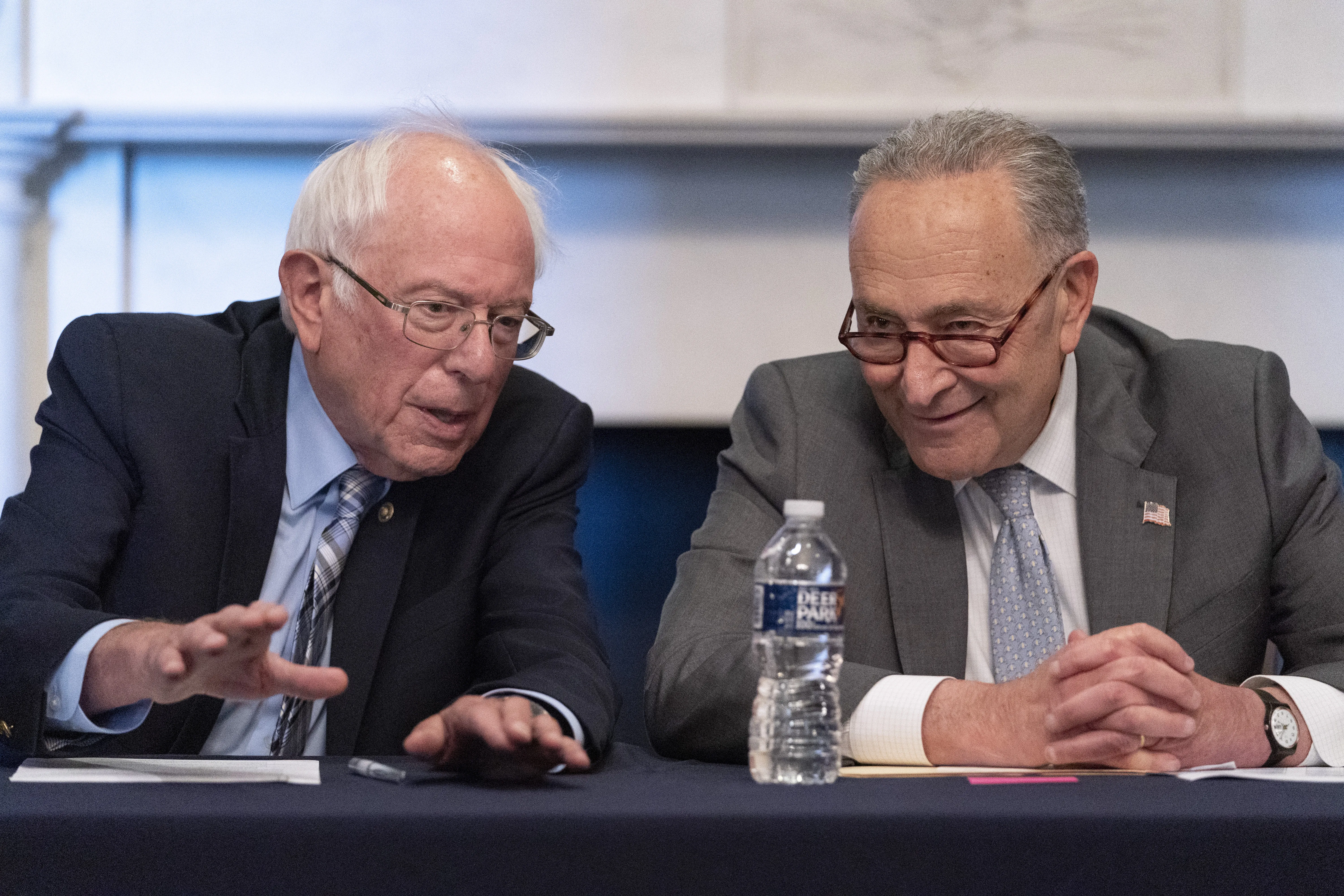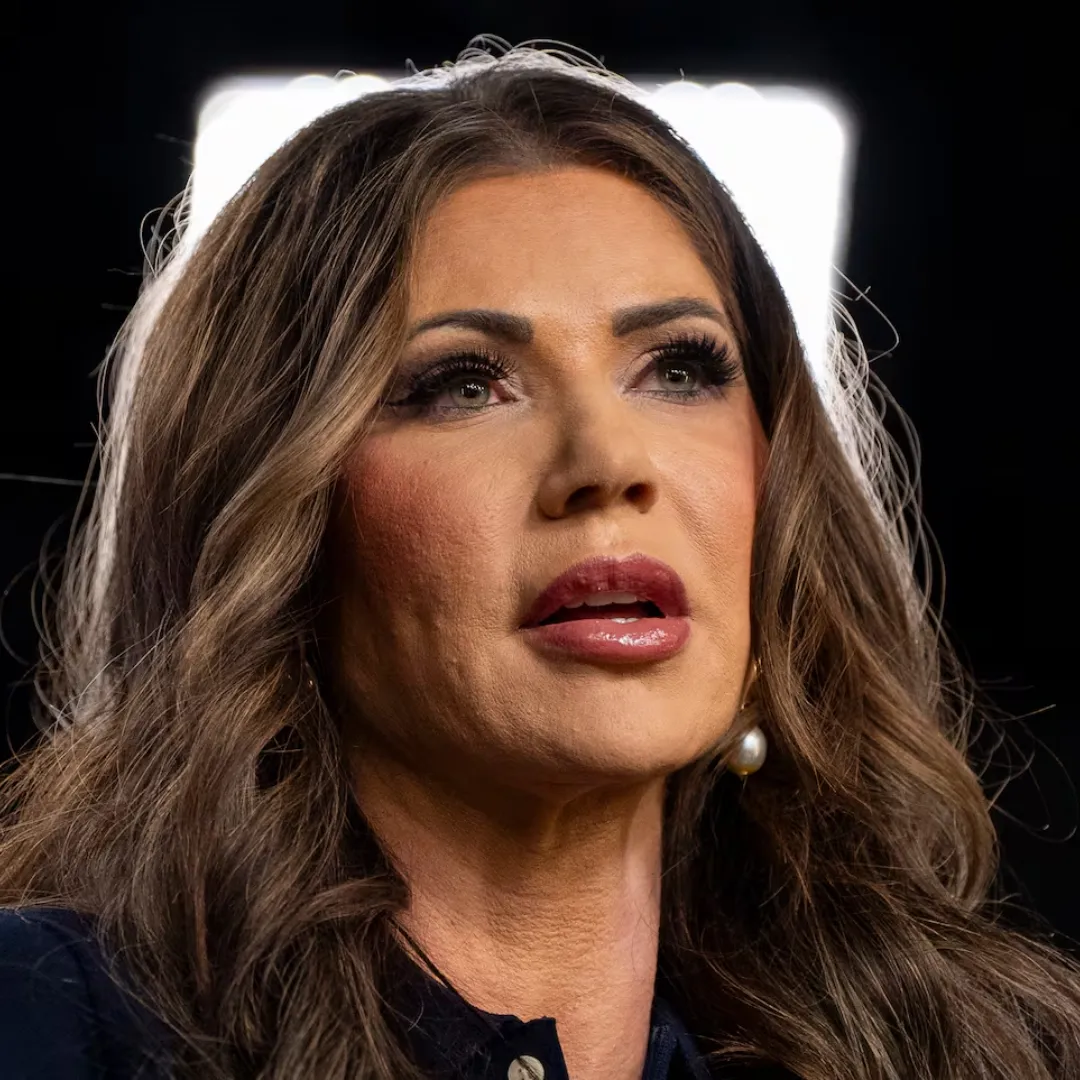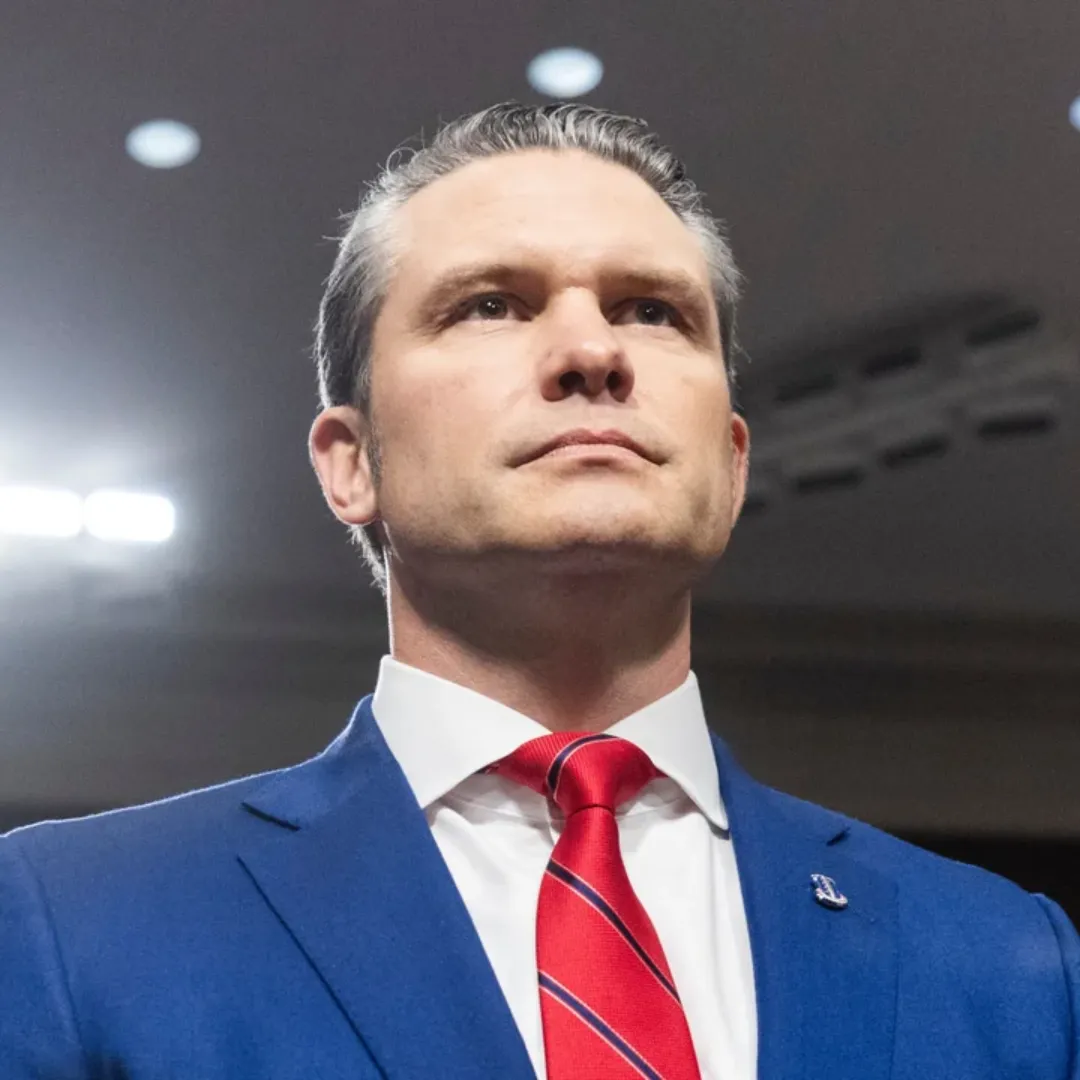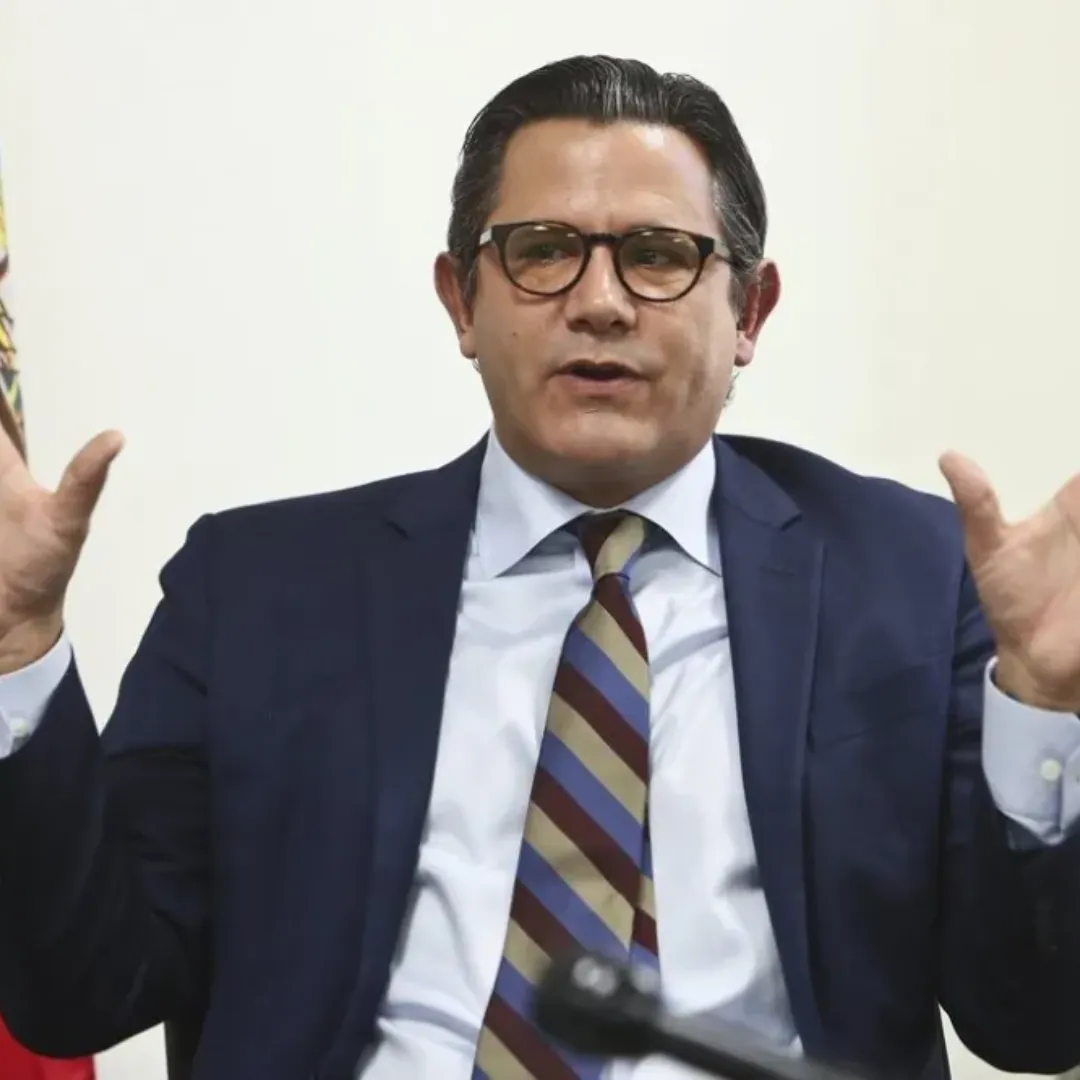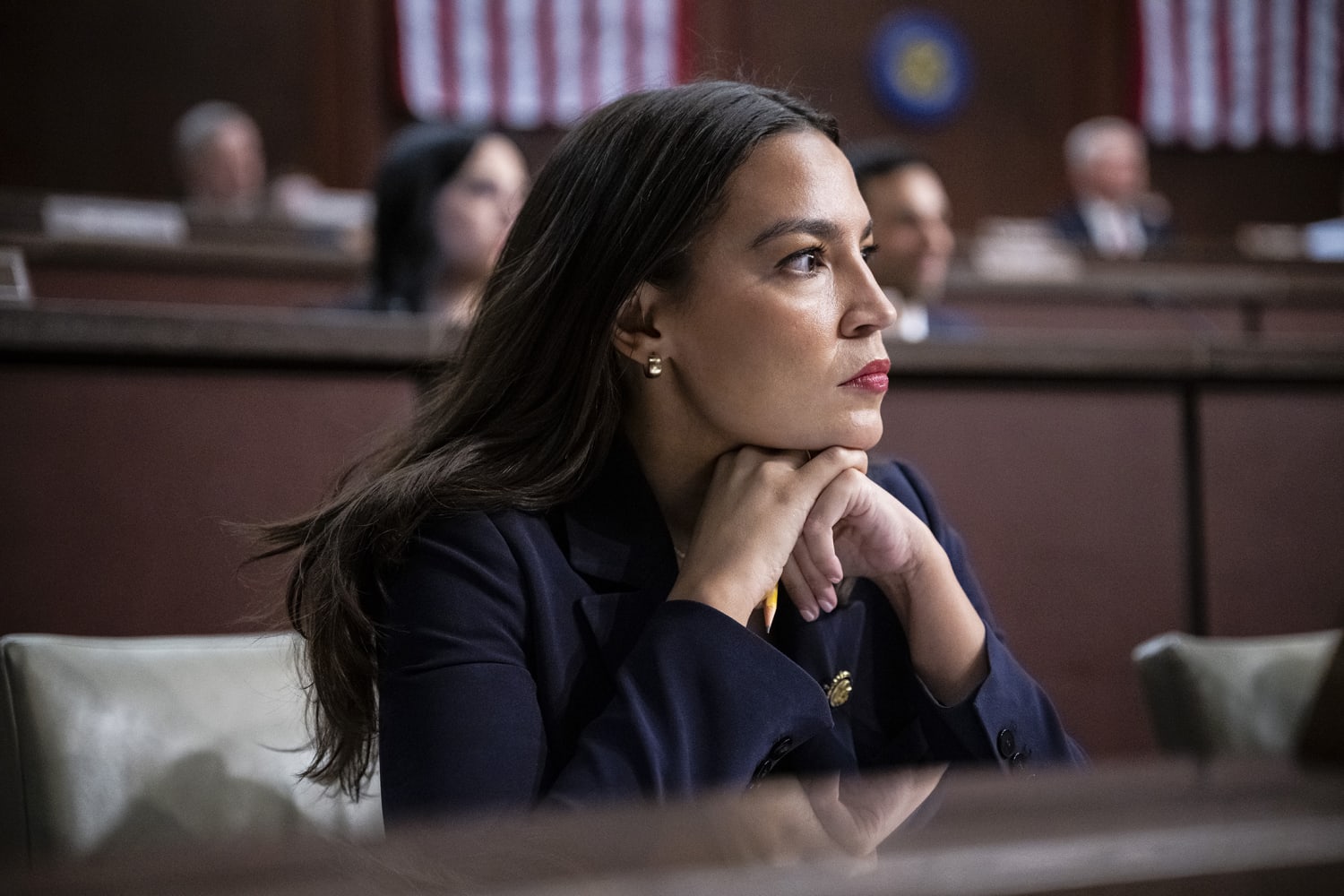
Representative Alexandria Ocasio-Cortez's (D-N.Y.) political prospects for the 2028 presidential race have gained significant momentum, with her popularity surging both in her home state of New York and nationwide.
Despite the 2028 election being more than three years away, the 35-year-old congresswoman’s growing national profile and increasing support have made her one of the most prominent names in discussions about future Democratic leadership.
Ocasio-Cortez has already become one of the most recognizable figures in American politics since she entered Congress in 2019, when she famously defeated 20-year Democratic incumbent Joe Crowley. Her rise in the Democratic Party has been marked by her strong advocacy for progressive policies, such as the Green New Deal, which have earned her both praise and criticism.
Recently, she and fellow progressive Senator Bernie Sanders (I-Vt.) have been on a nationwide tour called the "Fighting Oligarchy Tour," where they have drawn large crowds across various states, including both blue states like California and red states such as Idaho. These rallies have sparked significant interest in Ocasio-Cortez, with some viewing her as the future of the party.
Online betting markets, which forecast political futures, are also showing a growing belief that Ocasio-Cortez could become a formidable candidate in 2028. According to Kalshi, a Commodity Futures Trading Commission (CFTC) regulated exchange that trades on future event outcomes, Ocasio-Cortez’s odds of becoming the Democratic nominee have doubled in just one week.
As of Thursday, the exchange had her stock rising to 12 percent, tying her with California Governor Gavin Newsom, while putting her slightly ahead of Pennsylvania Governor Josh Shapiro, who garnered 10 percent. This represents a sharp increase in her stock, reflecting her rising stature in the party and the broader public.
Ocasio-Cortez's popularity is not just reflected in betting markets but also in polling data. A Siena College Research Institute survey conducted in mid-April of 802 New York state voters found that a significant portion of Republicans now view Ocasio-Cortez in a favorable light.
The poll showed that 21 percent of New York Republicans now hold a favorable view of her, a sharp rise from the 6 percent who viewed her favorably when she was first elected. This shift in opinion highlights her increasing appeal beyond her base, signaling her potential to connect with a broader electorate.

In the same survey, Ocasio-Cortez had higher approval ratings than several other prominent New York Democrats, including Senate Minority Leader Chuck Schumer, New York Governor Kathy Hochul, and U.S. Representative Ritchie Torres. This is particularly noteworthy considering her role as a relative newcomer to the political scene compared to these established figures.
Despite facing some opposition from moderates within her party, Ocasio-Cortez has managed to position herself as one of the most influential voices among Democrats, particularly in advocating for policies centered around economic justice and social equity.
However, not everyone is convinced that Ocasio-Cortez is a viable presidential candidate. Denny Salas, a former Washington, D.C. consultant and field organizer during Barack Obama’s first term, argued that the enthusiasm surrounding Ocasio-Cortez is not based on substance.
“There’s always room for loudmouths with no serious plans to improve the everyday lives of working-class Americans,” Salas said. He criticized Ocasio-Cortez for running a campaign focused on opposition to President Trump rather than offering concrete solutions to the nation’s challenges. Salas further claimed that the focus on “Trump-Hate” was a tired and unproductive approach that had been ineffective since 2016.
He also pointed out that many Americans are frustrated with the political system’s inability to address critical issues like education and healthcare. “Americans want solutions to fix our disastrous primary and educational systems, presently steering America toward an uncompetitive future,” he said.
Salas’s comments reflect a broader concern among some segments of the electorate that the Democratic Party, including figures like Ocasio-Cortez, has not offered a compelling vision for the future beyond the politics of resistance.
Political scientist Patricia Crouse also weighed in on Ocasio-Cortez’s presidential prospects, suggesting that while she may have a future in party leadership, she is unlikely to become the Democratic nominee in 2028. Crouse noted that Ocasio-Cortez’s progressive stance has earned her significant attention but also led to criticism within the party.
“Many within the party, both members and voters, view her as too progressive or even extreme left,” Crouse said. She suggested that Ocasio-Cortez might find a more viable path in the Senate or even as a vice-presidential candidate, where her influence could still be substantial without the baggage of a presidential bid.

Despite these criticisms, Ocasio-Cortez’s appeal remains strong, especially among younger voters and progressive activists. She continues to be seen as a symbol of hope and change in a party that is grappling with generational divides and ideological differences.
In a recent interview on the Latino USA podcast, Ocasio-Cortez expressed frustration with the Democratic Party’s messaging and its failure to adequately address the needs of working-class Americans.
"I think structurally, overall, the Democratic Party has this confused message. We're supposed to be a party of the working class, and I think working-class people have not been seeing government work for them, despite a lot of the things that the Biden administration did do," she said.
Ocasio-Cortez also acknowledged the challenges facing the Democratic Party, noting that it is currently experiencing an internal power struggle. "But right now, you open the hood on the Democratic Party, what you have is, I think, a bit of a power struggle over the last couple of years," she said.
Her candid remarks reflect her belief that the party needs to undergo significant structural changes in order to better serve the needs of the American people.
As Ocasio-Cortez’s popularity continues to rise, her political future remains uncertain. While she has not officially declared any plans to run for president in 2028, her growing prominence and influence within the Democratic Party make her a formidable force to reckon with.
Whether she chooses to pursue the presidency or continue to play a leading role in Congress, Ocasio-Cortez’s impact on American politics is undeniable.
Her potential bid for the White House will likely be shaped by ongoing debates within the Democratic Party about its direction and priorities. If Ocasio-Cortez does run, she will face significant challenges, particularly in navigating the ideological divide between the party’s progressive and moderate wings. However, her ability to galvanize young voters and energize the grassroots base could give her a strong advantage in the 2028 race.

As the political landscape evolves, Ocasio-Cortez will undoubtedly continue to be a key figure in shaping the future of the Democratic Party. Whether she ultimately runs for president or not, her influence and vision for the future of the United States will play a central role in defining the direction of American politics for years to come.
